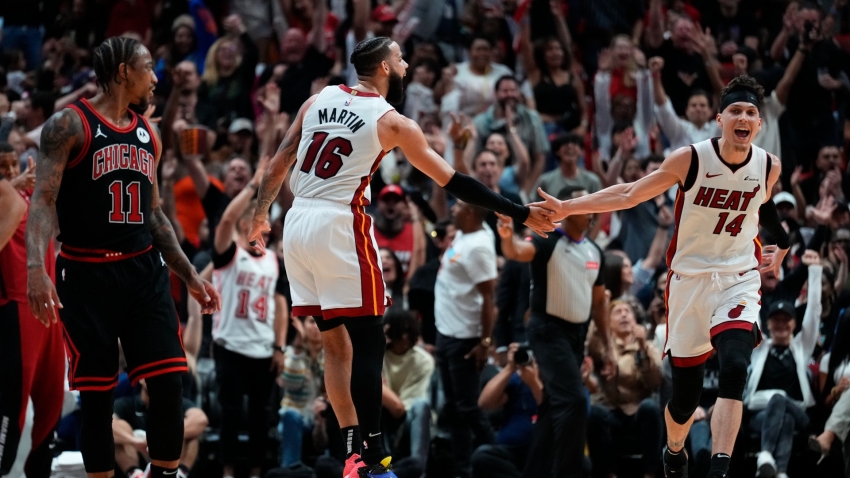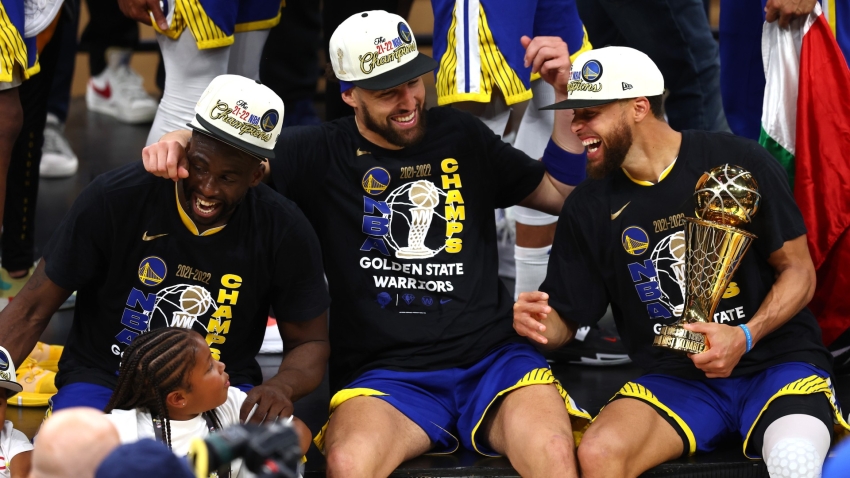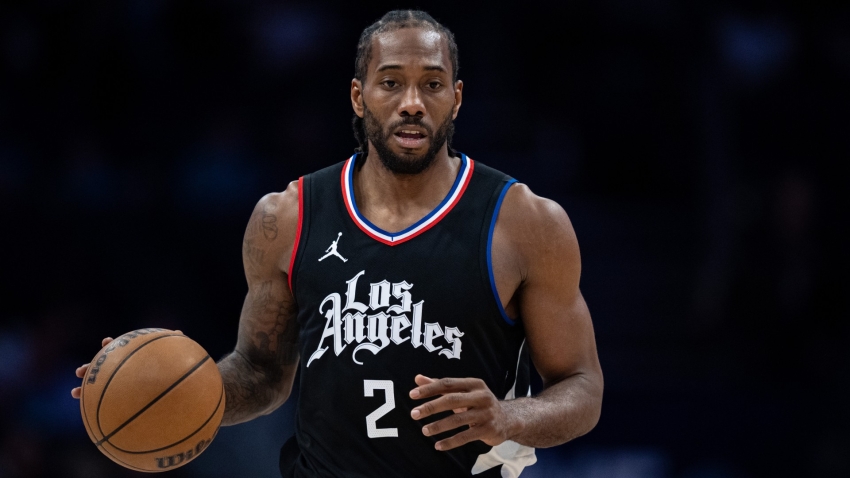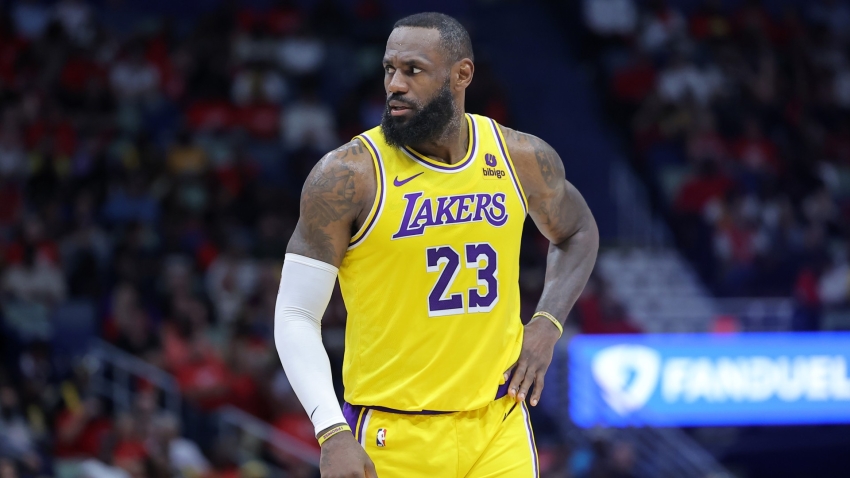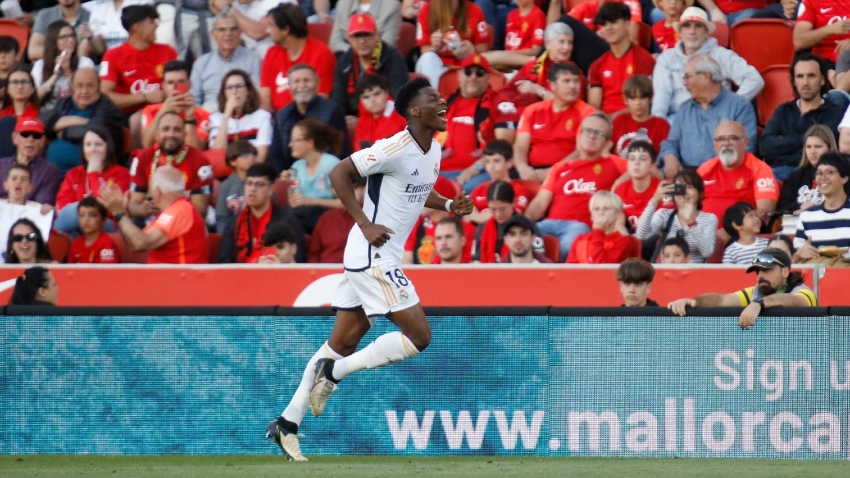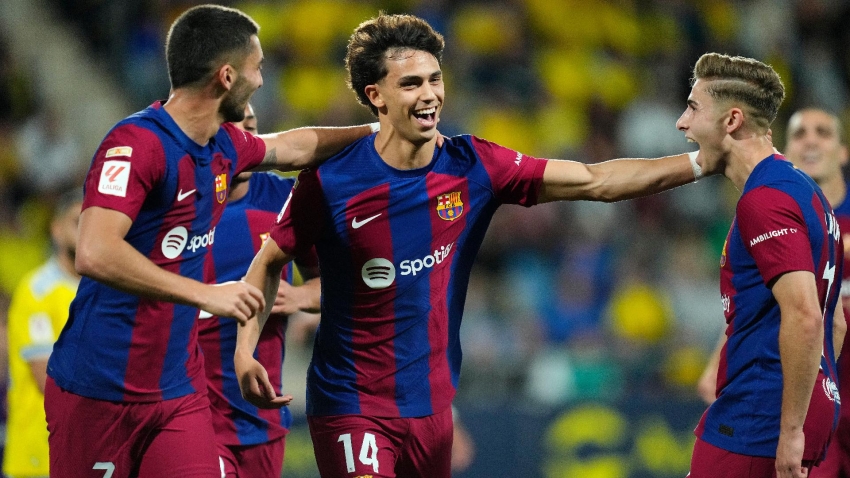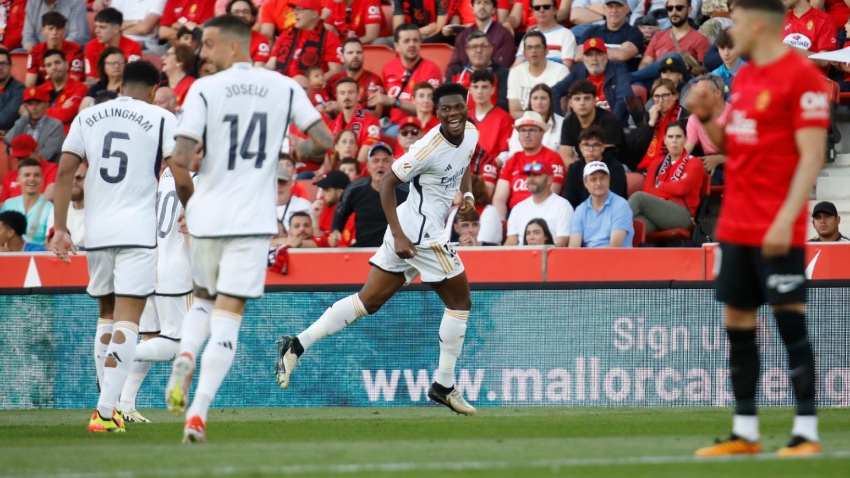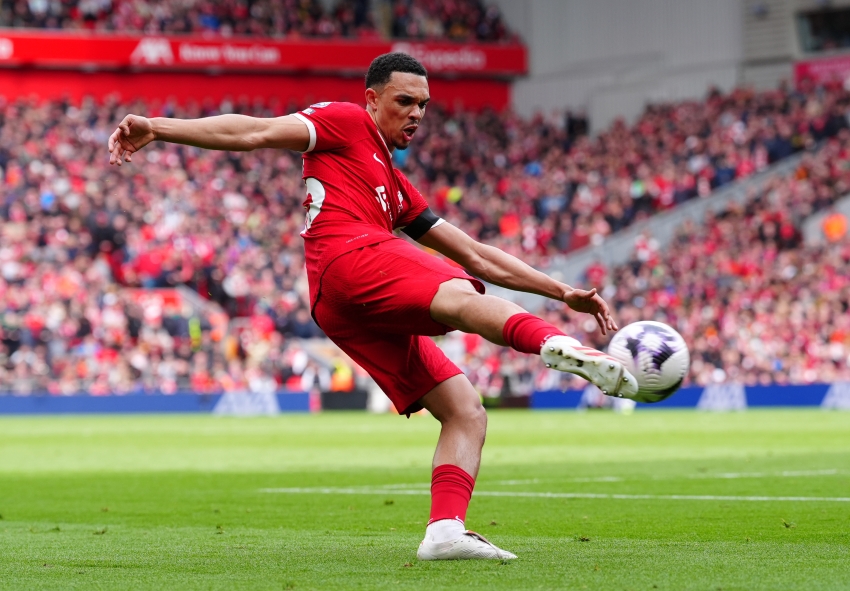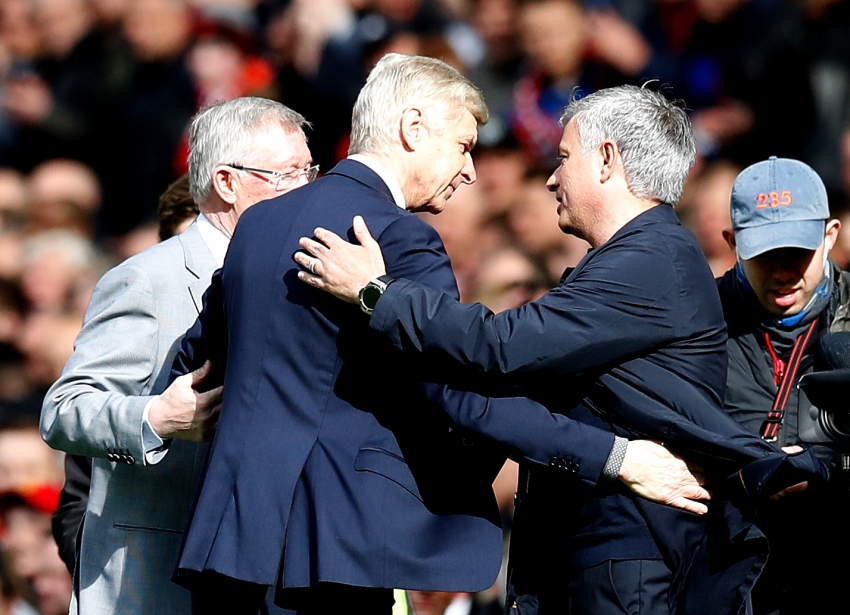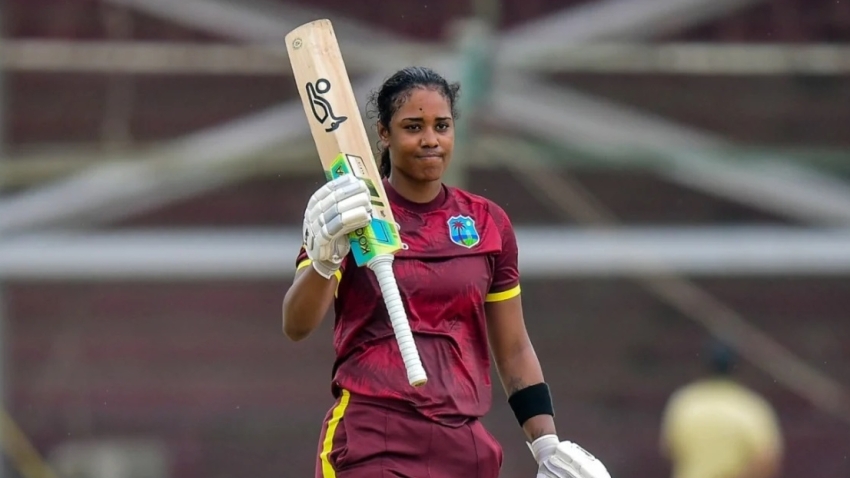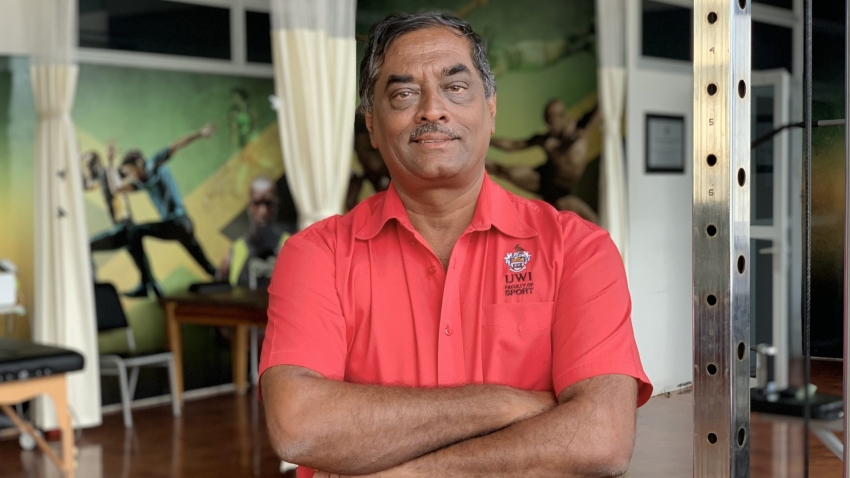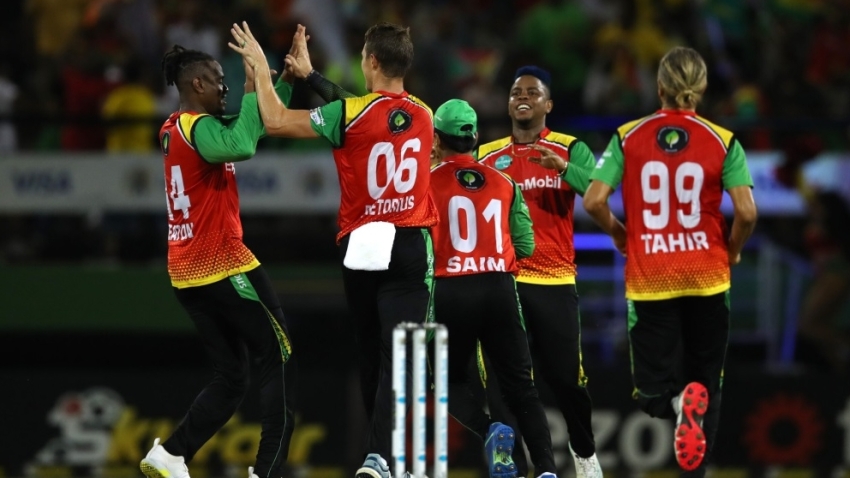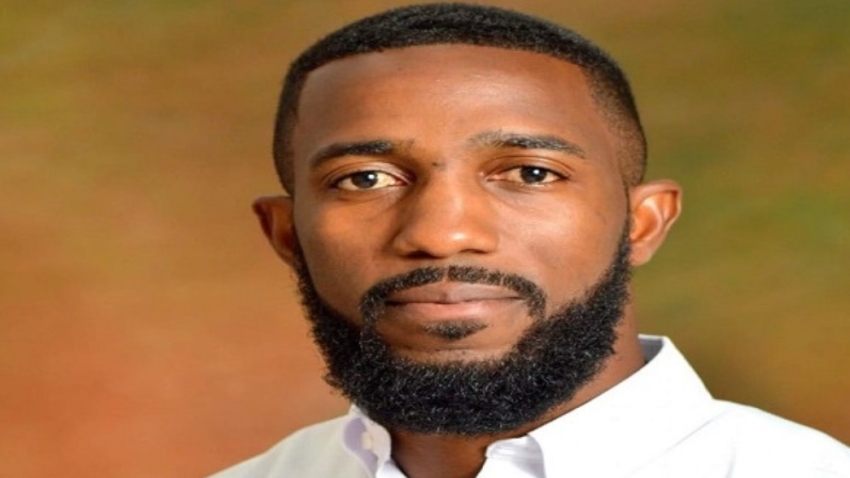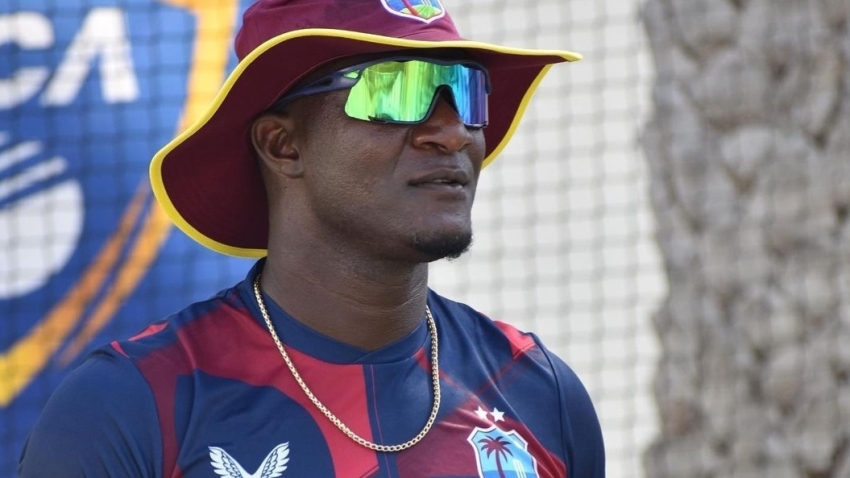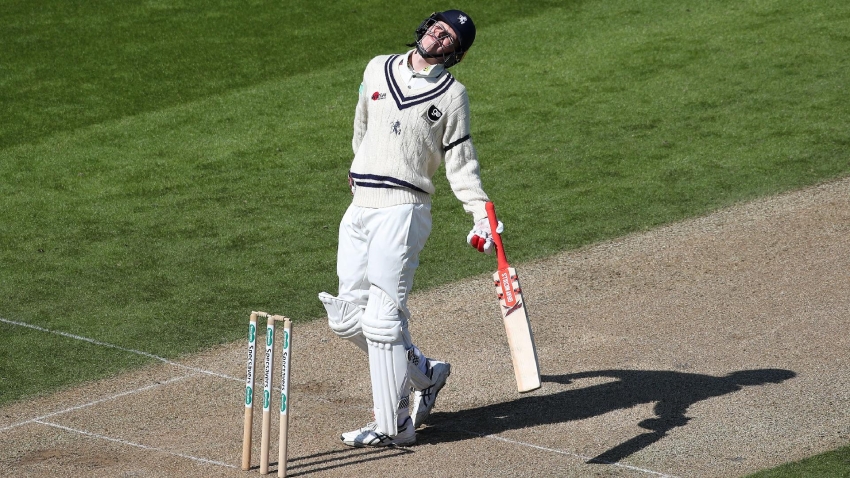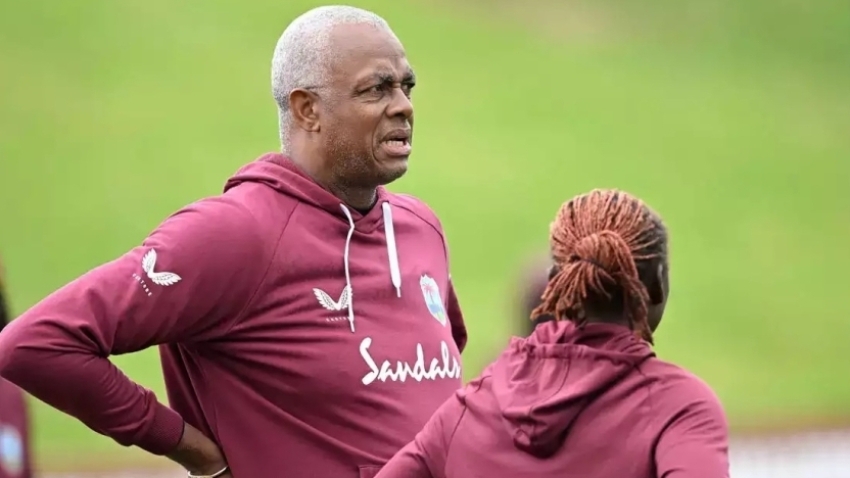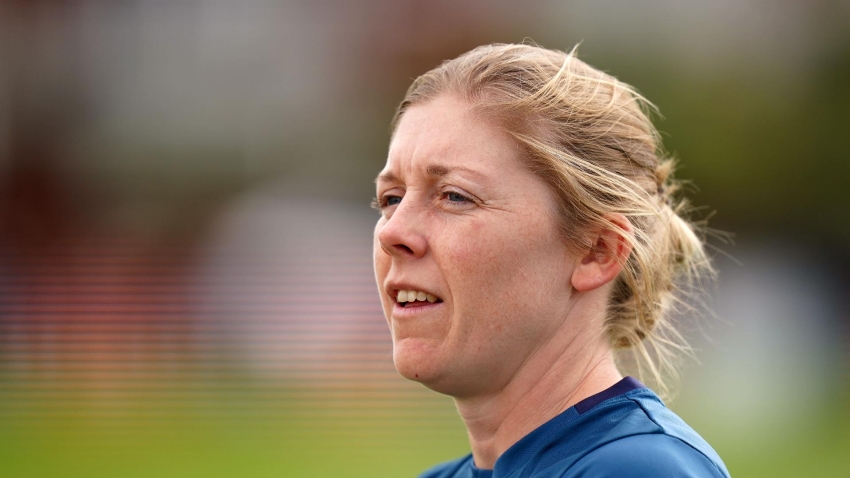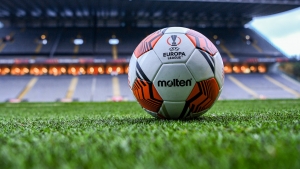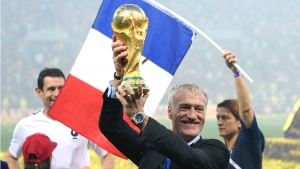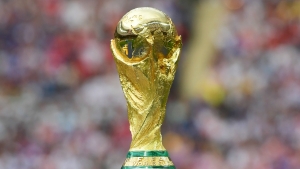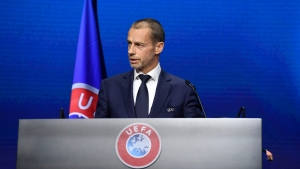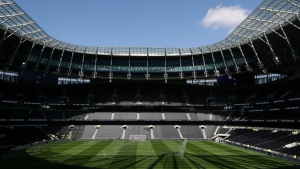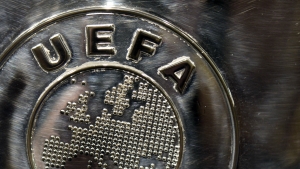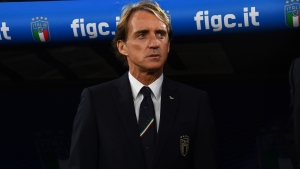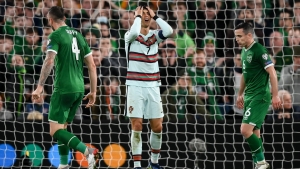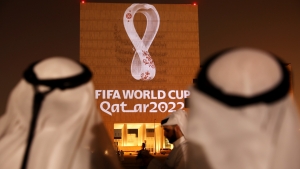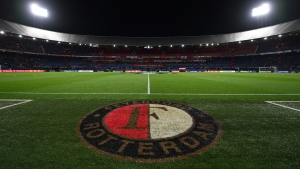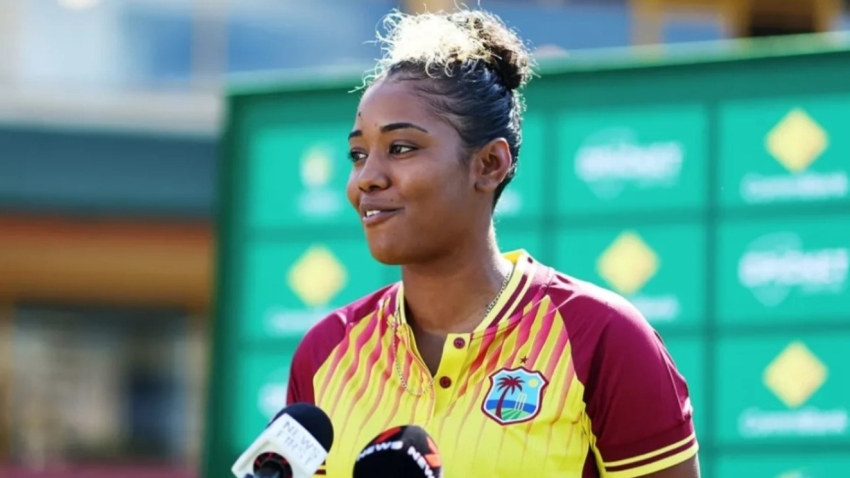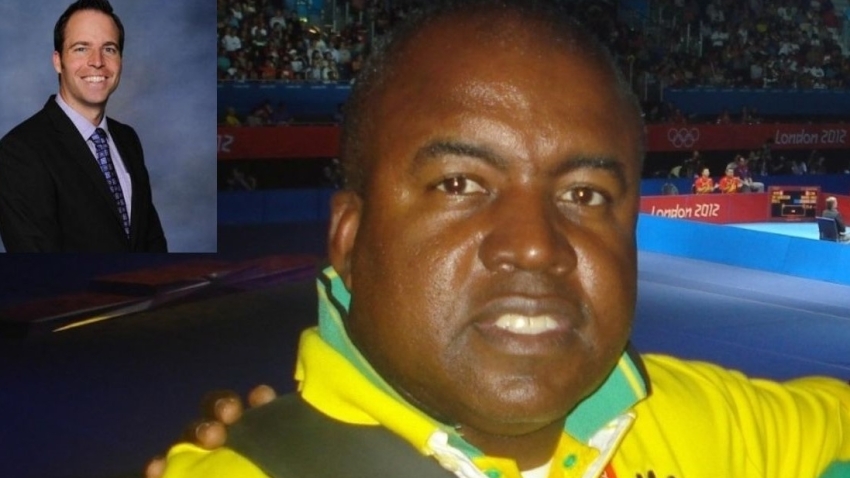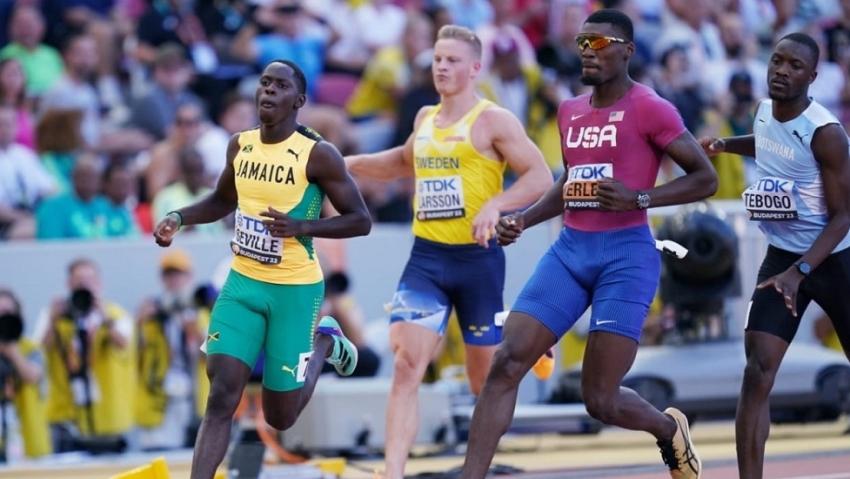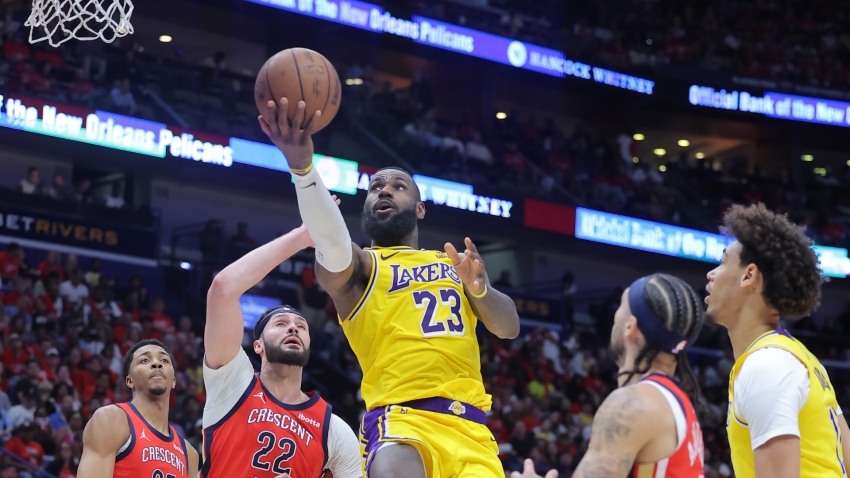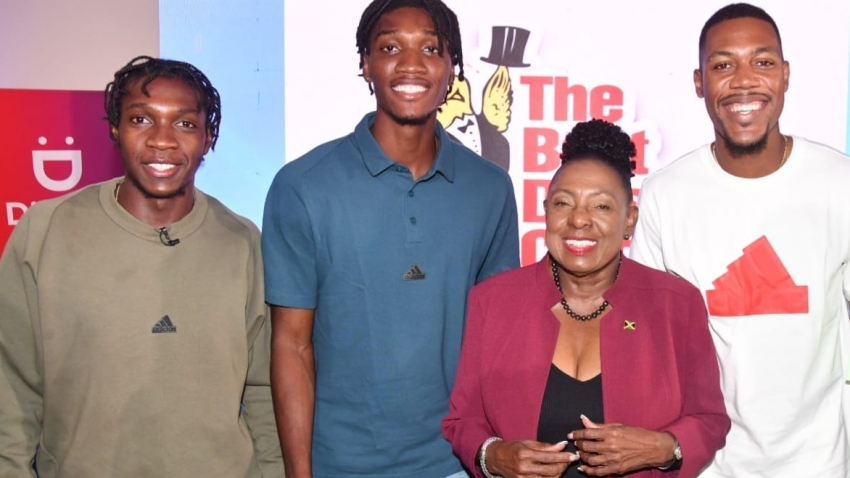To many it still sounds absurd, but on November 21, 2022, the 22nd FIFA World Cup will get under way in Qatar.
Twelve years will have slipped by since Sepp Blatter pulled a card from an envelope and declared Qatar the hosts, giving the Arab world its first crack at putting on the tournament.
When the announcement came at FIFA HQ in Zurich, former US president Bill Clinton wrestled to mask his disappointment and offered a congratulatory handshake as the Qatari delegation celebrated on the row behind him. Clinton was the US bid committee's honorary chairman. It was reported he smashed a mirror in fury after returning to his hotel suite.
The USA, Australia, South Korea and Japan had been the rival candidates to Qatar, and many in the game believed the Americans would be awarded the tournament.
Chuck Blazer, the crooked FIFA executive who was also CONCACAF general secretary at the time, smiled along as the triumphant Qataris took to the stage.
Sheikh Mohammed bin Hamad Al-Thani, chairman of the Qatar bid team, said: "Thank you for believing in change, thank you for believing in expanding the game, thank you for giving Qatar a chance. We will not let you down. You will be proud of us; you will be proud of the Middle East and I promise you this."
Within a fortnight, Blatter said any gay fans planning on travelling to Qatar, where homosexuality is illegal, should "refrain from sexual activity". He faced a swift backlash for that remark, which was supposedly made in jest.
He added: "I think there is too much concern for a competition that will be done only in 12 years."
That sounded almost like a polite way of saying "not my problem", and as the FIFA gravy train soon hit the rails, with widespread corruption being exposed, the World Cup was indeed taken out of Blatter's hands.
Where then do we stand, with 12 months to go? Is this really a World Cup at the wrong time, in the wrong place?
Stats Perform has looked at the state of play, and the concerns that Blatter so flippantly dismissed continue to linger. Others have since sprung up and remain active worries; but at the same time, perhaps there is still cause for a little cautious optimism.
Can Qatar now be considered a fit and proper host for a World Cup?
May Romanos is a Gulf researcher for Amnesty International, the human rights organisation. She hails from Lebanon and lives in London.
When Qatar was handed the rights to the 2022 World Cup, Amnesty jumped at the chance to turn the spotlight on human rights concerns in the country and lobby for positive change that might spread throughout the Middle East. Over 6,500 migrant workers have died in Qatar since the country was awarded the tournament, according to a Guardian investigation. Amnesty says that around 70 per cent of those deaths have not been satisfactorily explained.
Romanos says Amnesty harboured worries about "major labour abuse and exploitation".
It is not known exactly how many of those who have died were involved in the World Cup building project, given that over 90 per cent of Qatar's workforce are thought to be migrants, but staging the World Cup has been a major project for the country and it has been reported a significant proportion would have been involved in creating the infrastructure for the event.
These are the workers who built the stadiums, the roads and the hotels. Amnesty has been pushing for these workers to be afforded rights they could reasonably expect elsewhere in the world.
"In the first few years, the calls fell a bit on deaf ears and Qatar didn't really respond to the pressure, the criticism," Romanos told Stats Perform.
"Eventually in 2018 they signed this agreement with the International Labour Organization, which definitely indicates a higher political will to commit to reform the system and make this World Cup a driving force for change and leave a positive legacy for human rights."
Qatar has managed to introduce "important legal reforms to change the system to introduce better access to justice for migrant workers, introduced the minimum wage, [and] a mechanism to monitor the payment of wages", says Romanos.
"But what we are finding is that although the laws are there, their implementation and enforcement remain very weak, meaning that many migrant workers continue to be victim of labour abuses and exploitation."
The Qatari government has rejected claims of a spike in migrant worker deaths, stating that the mortality rate sits "within the expected range for the size and demographics of the population".
Qatar's World Cup Supreme Committee, through its Workers' Welfare legacy programme, says it is "achieving long-term tangible changes that now serve as benchmarks across the country and the region".
There have been new and improved laws introduced, directed at improving worker welfare, and Amnesty is optimistic these will make a telling difference.
"I think the political will is still there," says Romanos. "There is, I think, the need to get into action quickly and urgently because the window of opportunity is closing.
"We are 12 months away from this World Cup and I think it's very crucial that they take urgent action now to address the shortcomings and ensure the next few months will be very vital to deliver a World Cup that is not going to be tainted by labour abuses and exploitation or human rights concerns in general."
What can football do to help?
A UEFA working group visited Qatar in August, to take a first-hand look at work on the ground, amid concerns for the workers.
Gijs de Jong, general secretary of the Royal Netherlands Football Association, was among the delegation and spoke afterwards to praise Qatar's "significant positive progress with human rights legislation in the last three years", stressing he had "no doubt" this was hastened by the award of the World Cup. De Jong underlined, however, that the legislation was "not yet universally adopted".
According to Amnesty, there is a need for pressure to be applied to the Qatari authorities by all parties concerned with the World Cup.
Stats Perform pointed to the UEFA working group, and to David Beckham's reported big-money deal to be a tournament ambassador, questioning what role such figures can play in pressing for a better human rights situation.
"We want them, and we urge them, to take our concerns seriously," Romanos said. "Because they do have responsibility towards taking part in this tournament; they have responsibility to ensure their participation is not going to lead to further human rights violations.
"They have to use their leverage they have over FIFA and therefore over Qatar to push for further changes, and I think while we all agree there has been some legal progress, some of it remains ink on paper. The time is to recognise this but also to push further, to use the leverage they have to push Qatar and push FIFA to implement these reforms, so at least teams can go there confident in the knowledge their operation there is not going to lead to further human rights abuses."
What about the players? Won't they have enough to focus on without searching their consciences?
There is a tournament to win, and doubtless Qatar will put on a tremendous show in their space-age stadiums.
But politics will never be far from the surface, and players might be wise to at least be aware of the fundamentals of the human rights issues, which include oppression of LGBTQ+ people and discriminatory laws affecting women.
Lewis Hamilton, the Formula One superstar, used his platform ahead of the Qatar Grand Prix to highlight inequality and abuses.
"When we see a statement like this, we welcome it," said Romanos, "and we welcome players who decide to speak out about the human rights situation. We urge everyone to educate themselves and be ready to use their leverage or their voice to push for further changes.
"Obviously, the obligation of players is different to the obligation of the football association who actually have legal obligation and responsibility to ensure they use their leverage, push for change but also do their due diligence to ensure the teams they send are not going to be linked to any human rights violations.
"For the players, we would welcome and we would love to see this happening more often, using this platform, using the leverage you have to shed the light on a very important issue and ensure this World Cup will actually leave a positive legacy, or any sporting event will leave actually a positive legacy."
FIFPro, the global players' union, has already gathered together a number of footballers for discussions with the Building and Wood Workers International organisation, which has campaigned for better and more rights for those who have literally shed blood, sweat and tears for the sake of building a futuristic World Cup landscape. Players have spoken directly to such workers and this dialogue is expected to continue over the months ahead.
Although FIFPro would not take sides on such matters, it is providing the pathways for such important discourse to take place. Then it falls to the players to choose their next course of action.
FIFPro general secretary Jonas Baer Hoffmann said earlier this year: "Let's not forget that, while footballers have no say in the decision to pick tournament host countries, they inevitably become the face of those events when they run onto the pitch to compete. They feel a responsibility to foster human rights in those countries."
FIFA and UEFA are among the football authorities that have allowed players to take the knee before games, in support of the Black Lives Matter anti-discrimination movement. Whether FIFA will be quite so lenient if players are actively speaking out against the Qatari authorities while at Qatar 2022 remains to be seen.
The world governing body has rules for that sort of thing, to keep politics out of football. It has financial interests to protect – sponsors, TV, supreme committees – but it is understood there are significant voices within the game that would urge FIFA to allow players to speak and express themselves freely on rights abuses next year. FIFA would also be risking global contempt by blocking such discussion. The clock is ticking for Qatar.
"This World Cup has brought the spotlight and has pushed the authorities to commit maybe at a faster pace to reform these processes. Probably they had this in mind, but the World Cup accelerated this," said Romanos.
There are countries "with equally if not even worse troubling human rights records [that] are also eyeing to host mega sporting events", Romanos added, without naming names, promising "more scrutiny" for those that get to stage such international jamborees.
"We are still hopeful," she added. "We really think that if anyone can pull this together and deliver their commitments and deliver a World Cup that will have a positive legacy, Qatar can do it."
What can fans, including LGBTQ+ fans, expect from Qatar, and should they even travel?
The comedian and football presenter Elis James spoke on the Guardian Football Weekly podcast of the quandary of wanting to follow Wales to a World Cup, but being wary of being part of a showcase event in a country where deep injustices have been called out.
He said he had "reservations about Qatar, but we haven't qualified for a World Cup since 1958, so the head and the heart are saying two very different things".
"And I actually don't like myself for being in that position," James added, "because I wish I could have more moral certainty about this."
He is far from alone, and Amnesty is not calling for anybody to boycott the tournament, although there have been others who have gone down that route. There was a strong movement in Norway calling for the national team of that country to give the tournament a miss. Ultimately, missing out on qualification meant Norway sealed their own fate in that regard, while the nation's football federation had already voted against the prospect of a boycott.
"Obviously it's a personal choice," said Romanos. "At Amnesty, our role as a human rights watchdog is to inform about the human rights situation and invite people to educate themselves before going and know what will happen there and expect what will happen."
Qatar is considered unlikely by many observers to impose its strictest rules on visitors during World Cup time, which may mean LGBTQ+ fans of the game will not face any persecution. Rainbow flags are expected to fly in fan zones and inside stadiums, but whether this has any influence on Qatari daily life beyond the tournament remains to be seen.
Fan power for four weeks in November and December is one thing, but changing the way of life in Qatar is likely to involve gradual shifts rather than overnight change.
"I think it’s up to the individual to decide how they want to use the platform they have to push for greater changes," Romanos said.
"As a person coming from the Middle East myself, the moment I learned that Qatar was awarded the right to host the World Cup I was genuinely very happy because I felt like our region deserves to be mentioned with some mega sporting event.
"We love football, but we don't have great football teams; but football is huge in the Middle East, and I felt for once it’s good for us not to be connected with terrorism, wars.
"But when you look at the human rights situation of migrant workers and the abuses that happen, you would say, okay, let's do a World Cup that we are proud of as the first World Cup in the Middle East. That's why we believe there is still this window of opportunity."


